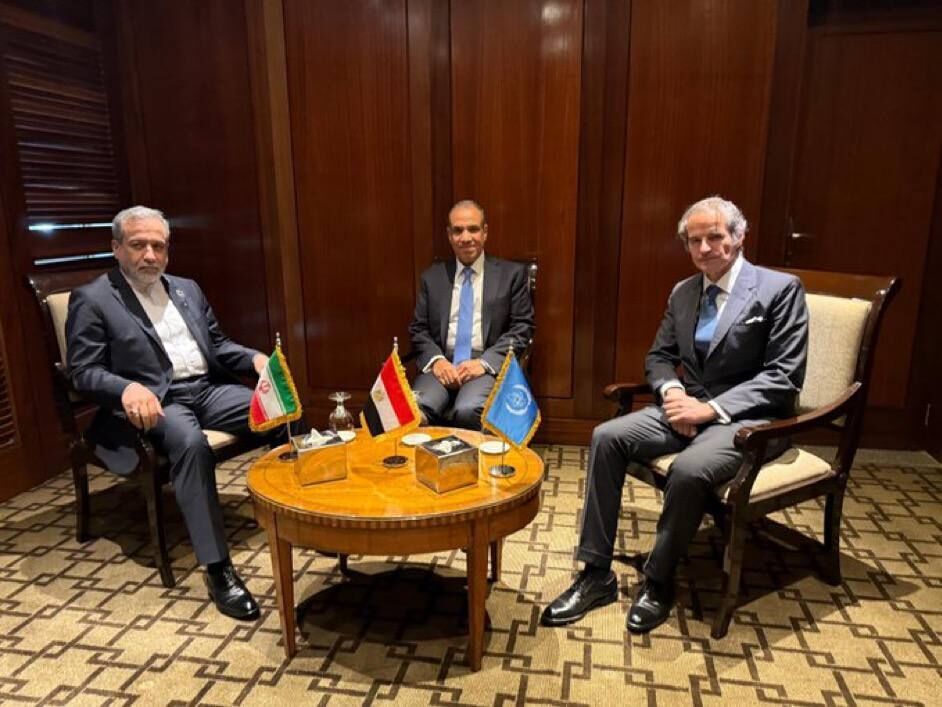
Similar Posts
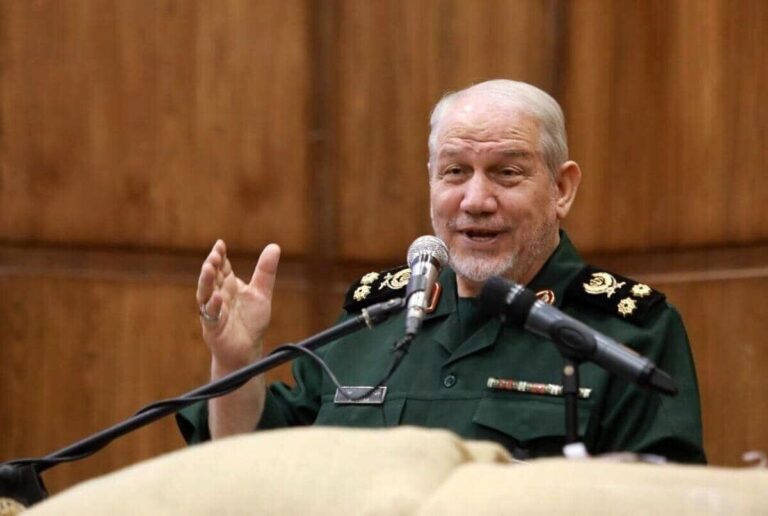
Iranian Leader’s Aide Warns: Regional Empire Ambitions Are Bound to Fail
Major General Yahya Rahim-Safavi, an adviser to Iran’s Supreme Leader Ayatollah Khamenei, recently condemned efforts by certain countries to establish a regional empire during a speech in Tabriz, East Azerbaijan. He asserted that such malicious agendas are destined to fail and criticized adversaries for attempting to revive ineffective historical tactics. Rahim-Safavi’s comments reflect a common viewpoint among Iranian officials about foreign influence and regional dynamics, emphasizing the need for national sovereignty and resilience against external pressures as tensions in the region escalate. His remarks highlight the changing geopolitical landscape and the ineffectiveness of outdated strategies.
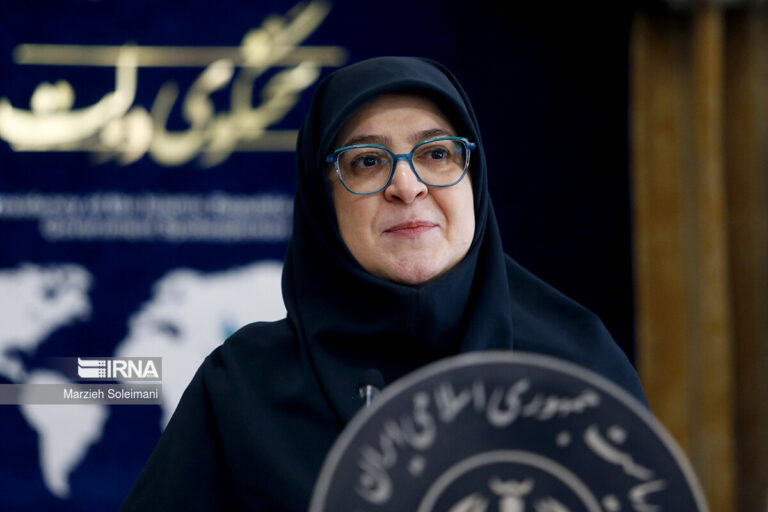
Iran’s Clear Redlines in U.S. Negotiations: Insights from Administration Spokesperson
Iran’s spokesperson, Fatemeh Mohajerani, affirmed the country’s firm approach in indirect negotiations with the U.S., emphasizing unchanged redlines over the past 20 years. Key negotiation components include Iran’s right to nuclear energy for peaceful use and a commitment to diplomacy, with Oman mediating talks. Mohajerani condemned U.S. sanctions as illegal and a form of economic terrorism, while addressing an explosion at Shahid Rajaee Port, announcing an investigative committee. Additionally, she acknowledged ongoing energy shortages and expressed apologies to the Iranian populace, highlighting efforts to enhance power generation in both thermal and renewable sectors.
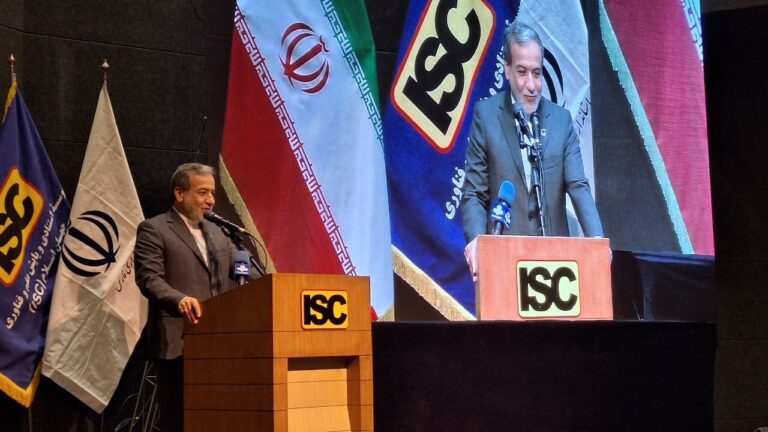
Araqchi: How Sanction Evasion Boosts Iran’s Negotiating Power and Frustrates Imposing Nations
In a recent address, Iranian Foreign Minister Abbas Araqchi emphasized the crucial role of Iranian businesses in bypassing sanctions, which he believes strengthens the nation’s negotiating stance. Speaking at a conference in Shiraz, he outlined principles of good neighborliness and economic diplomacy, stressing the Foreign Ministry’s role in facilitating commercial opportunities. Araqchi reaffirmed the commitment to lifting sanctions and highlighted the importance of diplomats in helping businesses find alternative trade routes. He noted that despite U.S. claims of crippling Iran’s economy, sanctions have not achieved their intended effects, with the U.S. admitting there are no further sanctions to impose.
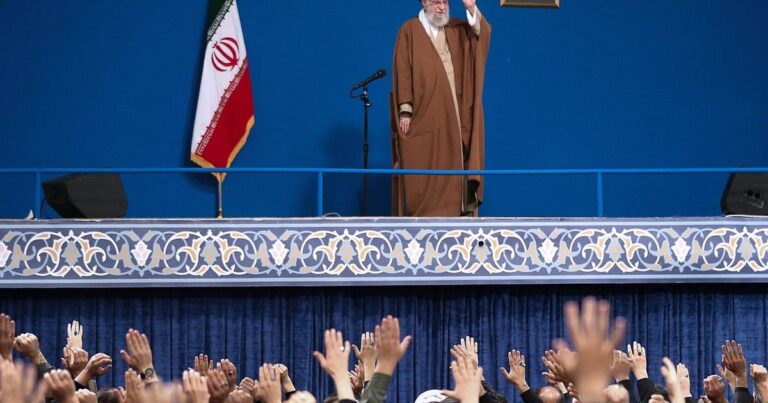
Khamenei Rejects Trump’s Ultimatum, Promises Strong Retaliation Against Any Attack
Iran’s Supreme Leader, Ali Khamenei, dismissed fears of military confrontation with the US over nuclear negotiations, asserting that any aggression would provoke a strong response. In a televised speech, he emphasized that threats against Iran would be ineffective. His comments followed reports of a letter from US President Trump proposing a two-month timeframe for negotiations, which Tehran acknowledged but chose not to officially comment on. While Khamenei rejected negotiations under pressure, some Iranian officials indicated a willingness for indirect talks. This comes amid escalating US military actions in Yemen against Houthi fighters, attributed to Iranian support, heightening regional tensions.
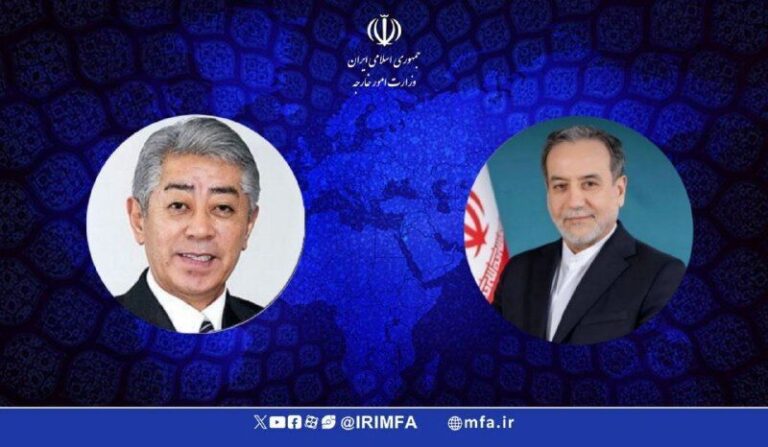
Iran’s Foreign Minister Extends Warm Wishes to Japan on National Day Celebration
Iran’s Foreign Minister Abbas Araghchi congratulated Japanese counterpart Takeshi Iwaya on Japan’s National Foundation Day, highlighting the enduring relationship between the two nations. In his message, Araghchi celebrated the historical and friendly ties that form a strong basis for enhancing bilateral relations, emphasizing opportunities for economic and trade expansion. This diplomatic gesture underscores the significance of mutual respect and collaboration, reflecting the ongoing dialogue between Iran and Japan. Araghchi’s outreach serves as a reminder of the potential for future partnerships as both countries commemorate Japan’s founding on February 11.
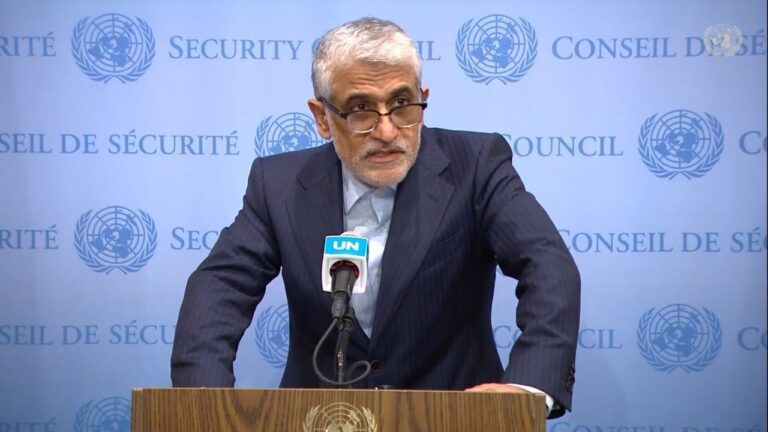
Iran Warns: Swift and Proportionate Response to Any U.S. or Israeli Military Aggression
Tensions between Iran, the U.S., and Israel have escalated, with Iran issuing strong warnings against military threats. Iranian Ambassador to the UN, Amir-Saeed Iravani, condemned accusations from Israeli Prime Minister Benjamin Netanyahu and U.S. Secretary of Defense Pete Hegseth regarding Iran’s alleged support for Yemeni actions. In a letter to the UN Security Council, Iravani emphasized that such threats violate international law and pose risks to regional stability. He reaffirmed Iran’s right to defend its sovereignty, warning that any aggression would provoke a swift response. Iran called for the Security Council to condemn these threats and uphold international obligations.